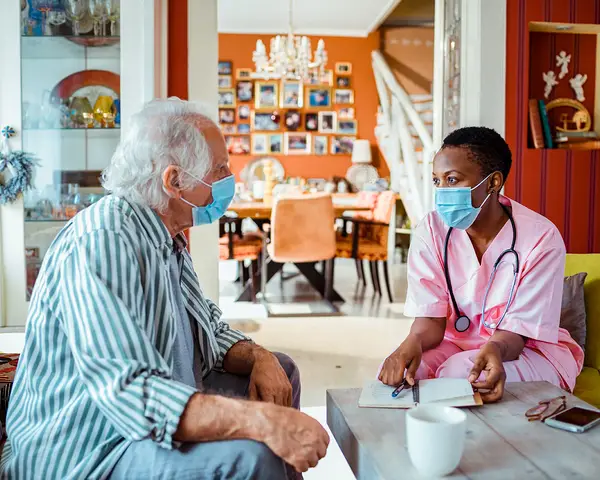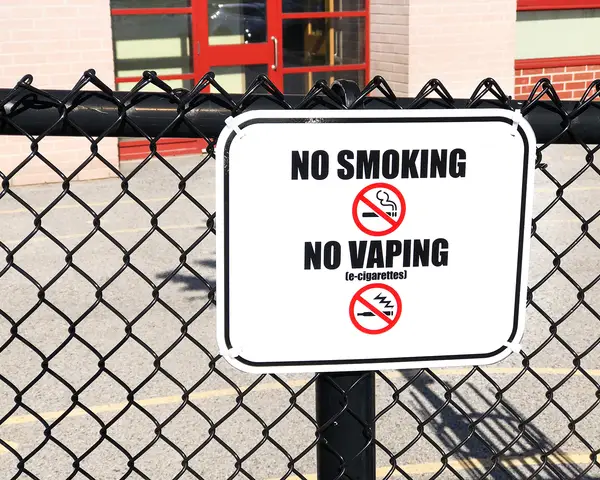Using practice-based insights and tools to create healthy communities and workplaces
We collaborate with government, not-for-profit, and private-sector clients to create healthy communities and workplaces for all by providing the data, practice-based insights, and tools needed to deliver effective interventions.
Key areas of expertise and experience include:
- Design of workplace health promotion initiatives
- Community-engaged research
- Workforce development training and technical assistance
- Chronic disease prevention and management

Providing Innovative Infection Control Training for Health Care Workers
What’s the best way to train thousands of nurses, environmental services workers, and other frontline health care staff in the latest best practices in infection control and prevention? The Centers for Disease Control and Prevention (CDC) formed Project Firstline, an infection control training collaborative, to help all health care workers obtain foundational knowledge of infection control needed to protect the nation from infectious disease threats. RTI supports Project Firstline by helping CDC design a training strategy, develop engaging training and educational materials, disseminate training content through social media and other platforms, and conduct research needed to inform and evaluate the training products.

Workplace Prevention: Interactive guide for employers to identify and prevent substance misuse
Did you know a majority of adults who misuse opioids are employed? How can employers help address substance misuse in the workplace? Working with the Substance Abuse and Mental Health Services Administration (SAMHSA), RTI developed The Opioid Prevention at Work Interactive Guide, an interactive online resource for employers to help them understand, recognize, and prevent substance misuse in the workplace. The guide identifies cost-effective prevention strategies that employers can adopt to help address substance misuse.

Assessing Impact: Community Tobacco Free Interventions
RTI evaluates the Bureau of Tobacco Free Florida (BTFF) tobacco control program, including community-based organizations’ and local health departments’ efforts to educate the public and policymakers about the benefits of tobacco control policy change. RTI assessed and described the relationship between grantee activities and policy change achievements. Our findings and data-driven recommendations support improvements to grantee workplans and intervention efforts.

Evaluating Whether Addressing Health Related Social Needs Improves Health Care Outcomes
With funding from the Centers for Medicare and Medicaid, RTI is evaluating the implementation and impact of the Accountable Health Communities Model (AHC). This model is testing whether screening beneficiaries for social needs and navigating them to community services will reduce health care expenditures and improve health care utilization. In 2020, RTI completed the First Evaluation Report.










